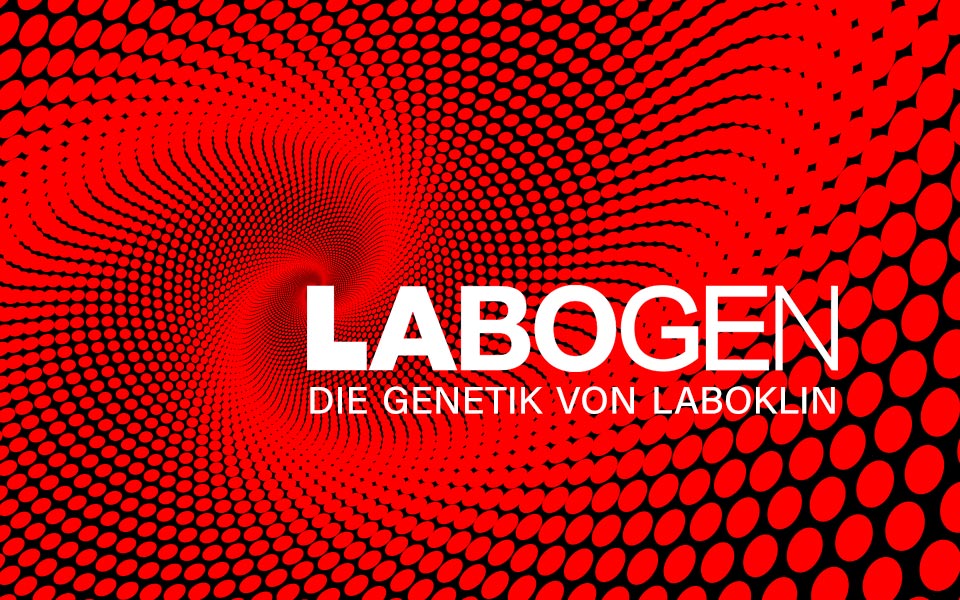May-Hegglin anomaly (MHA)
May-Hegglin anomaly (MHA)
General description
In animals with May-Hegglin-anomaly a persistent thrombocytopenia which leads to prolonged coagulation time when bleeding. In addition, cytoplasmic inclusions can be detected in neutrophils, which may lead to partial impairment of the immune system.
Breeds
Pug
Order details
| Test number | 8312 |
| Abbreviation | MHA |
| Sample material | 0.5 ml EDTA blood, 2x cheek swab, 1x special swab (eNAT) |
| Test duration | 7-14 working days |
Test specifications
| Symptom complex | hematologic |
| Inheritance | autosomal recessive |
| Causality | causally |
| Gene | MYH9 |
| Mutation | G-A |
| Literature | OMIA:001608-9615 |
Detailed description
In animals with May-Hegglin-anomaly a persistent thrombocytopenia, i.e. permanent lack of platelets, as well as greatly enlarged and in morphology variably altered platelets are found in hematological diagnosis. Consequently, these animals have prolonged coagulation time when bleeding. In addition, cytoplasmic inclusions (incorrect or excessive protein structures, which are usually found in cells during an infection) can be detected in neutrophils, which may lead to partial impairment of the immune system. These cellular abnormalities are caused by single point mutations in the gene MYH9.


